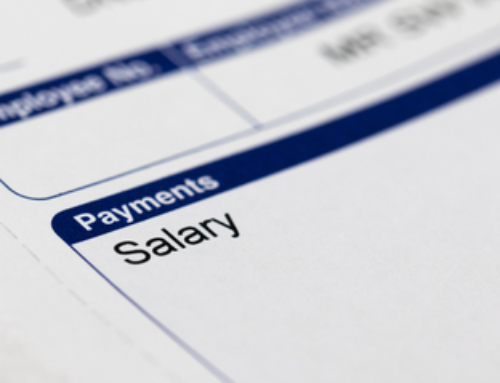For the majority of us, work is something we enjoy doing and look forward to. But do you know exactly what your rights are as an employee?
There are a few employment rights that are important to get to grips with including, the National Minimum Wage, the minimum level of paid holiday and protection against unlawful dismissal. To help you out, here’s everything you need to know about employment law for every employee…
What Is The National Minimum Wage?
The National Minimum Wage varies from person to person depending on their age. It describes the very minimum that the majority of workers are entitled to. The only difference is that if you’re over 25, you then get what’s called a National Living Wage.
The current rates as of April 2019 are as follows:
- 25 and over – £8.21
- 21 to 24 – £7.70
- 18 to 20 – £6.15
- Under 18 – £4.35
- Apprentice – £3.90
To get minimum wage as an apprentice, you have to be aged under 19, or aged 19 or over and in the first year of your apprenticeship. The wage will then increase to the minimum wage (for the correct age bracket) if you are 19 or over and have completed the first year of your apprenticeship.
If you’re concerned about whether you’re being paid correctly, you can use an online calculator.
How Many Holidays Can I Take?
The majority of workers are entitled to at least 5.6 weeks’ or 28 days paid holiday a year if you work 5-days a week, which includes agency workers, those with irregular hours and on zero-hour contracts.
Part-time workers are entitled to 5.6 weeks’ paid holiday but it will be less than 28 days. It is worked out based on how many days or hours you work. So if you work two days a week, you will get 11.2 days’ leave a year, (5.6 x 2 days).
Those who work irregular shifts are entitled to paid holiday for every hour they work. In this case, it may be easier to use an online calculator to help you figure out how much holiday you’re entitled to.
What About Unlawful Dismissal?
By law, you aren’t allowed to discriminate against anyone because of their age, gender, disability, religion, race and many other ‘protected characteristics’. This is covered under the Equality Act of 2010, which means you will also be protected whilst at work and in education.
This equality act protects you against dismissal, employment terms and conditions, redundancy, recruitment, training, and pay and benefits.
If you do feel like you have been discriminated against, there are ways to manage it. Employers have the responsibility to prevent discrimination at work and therefore should have measures in place to help sort out any problems formally.
If you need any advice at all don’t hesitate to ask. We can help you with various aspects of employment law, for individuals, HR and businesses. From tribunal claims, grievances, and unfair dismissal, we can help you out. Give us a call today…




